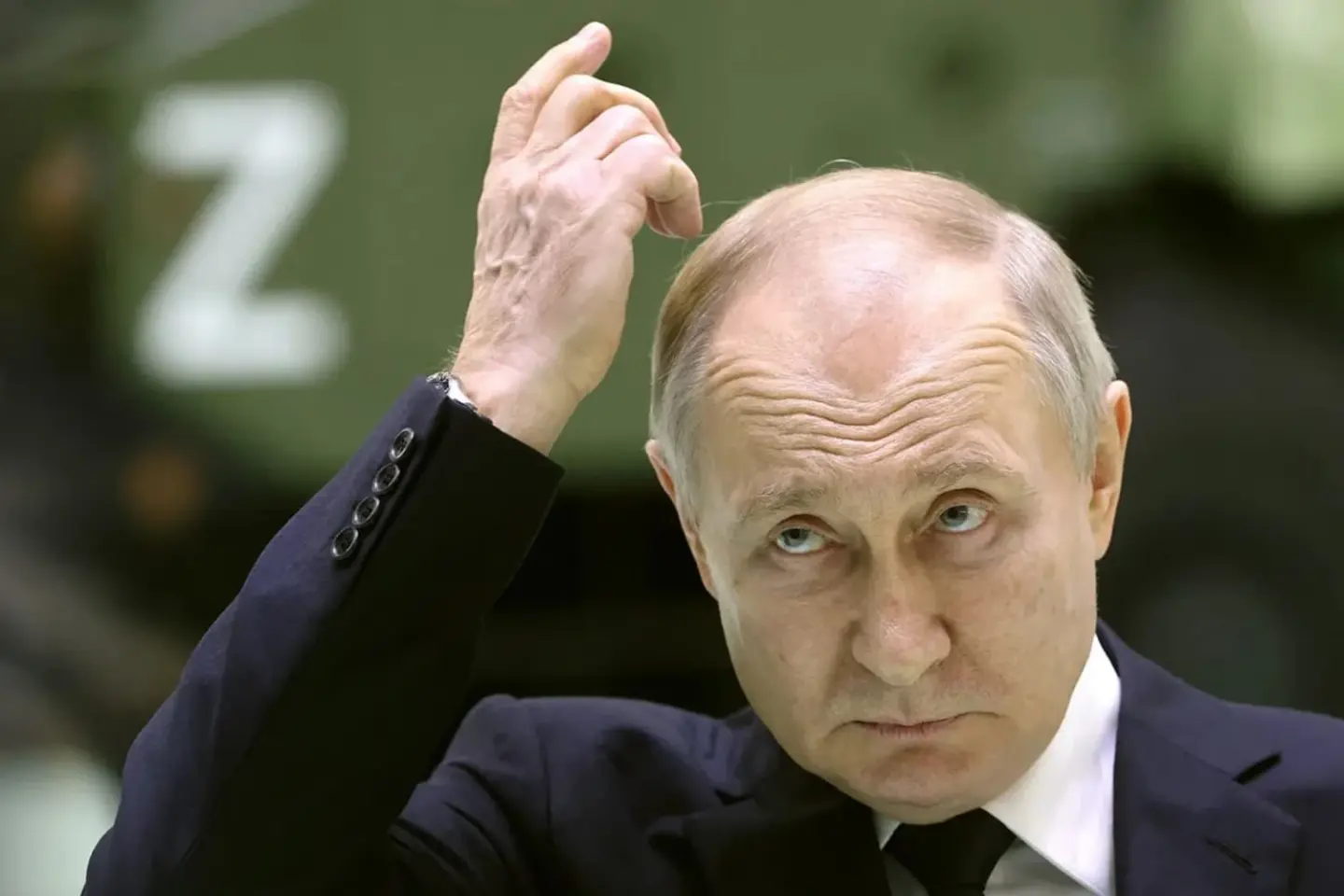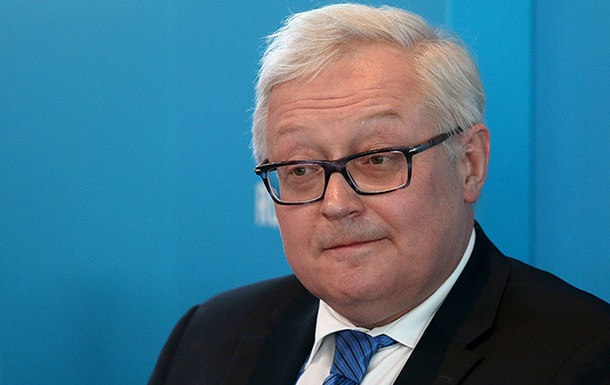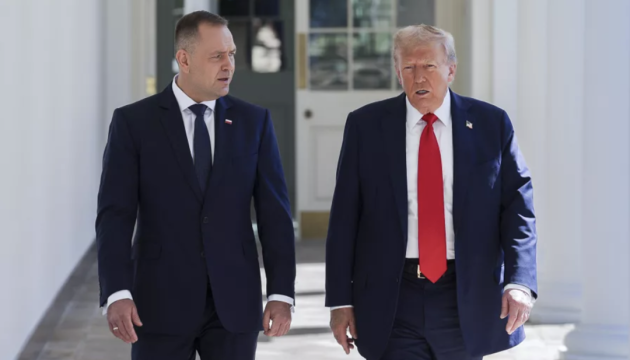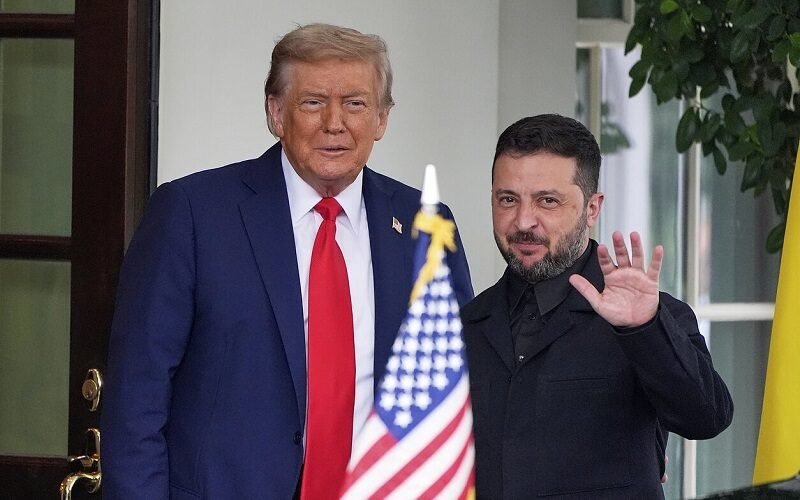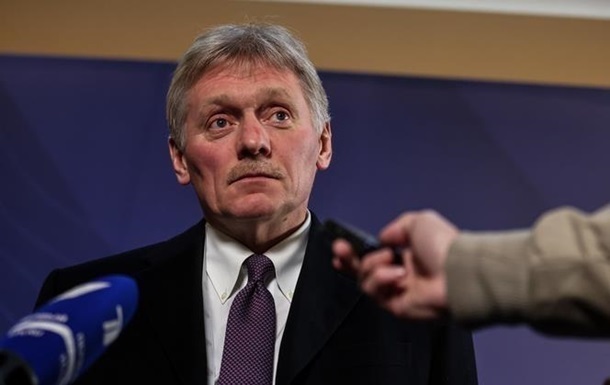Логопеды-дефектологи устраняют проблемы, связанные с развитием речи, мышления и поведения. Эти специалисты работают с детьми, испытывающими трудности в общении, и помогают им адаптироваться в социуме, развивать навыки общения и уверенности в себе.
Они используют различные методики и подходы, чтобы обеспечить подход к каждому ребенку. Их работа включает в себя определения нарушений, разработку и реализацию коррекционных программ, а также обучение родителей. Важно отметить, что их роль не ограничивается только речевыми проблемами — они также занимаются развитием когнитивных навыков.

Причины и последствия
Среди основных проблем речевого развития у детей выделяют дизартрию, алалию, дислексию и заикание. Эти нарушения могут возникать по различным причинам, включая генетическую предрасположенность, нейропсихологические особенности, а также влияние окружающей среды. Например, недостаток общения в раннем детстве, травмы головы или соматические заболевания могут негативно сказаться на речевом развитии.
Последствия таких нарушений могут быть весьма серьезными. Дети с речевыми проблемами часто испытывают трудности в обучении, что может привести к снижению самооценки и социальной изоляции. Они могут испытывать затруднения в общении со сверстниками, что сказывается на их эмоциональном состоянии. Если не обратиться за помощью к логопеду-дефектологу, эти проблемы могут сохраняться и в подростковом и взрослом возрасте, затрудняя социальные взаимодействия и профессиональную деятельность.
Логопедические нарушения: виды и их влияние на общение
Логопедические нарушения представляют собой широкий спектр проблем, связанных с речью и коммуникацией. К основным видам таких нарушений относятся заикание, дизартрия, ринолалия и алалия. Каждое из этих расстройств может существенно повлиять на социальную адаптацию ребенка, его самооценку и способность взаимодействовать с окружающими. Например, дети с заиканием могут испытывать трудности в общении со сверстниками, что может привести к изоляции и развитию комплексов. Важно отметить, что ранняя диагностика и вмешательство специалистов в области логопедии и дефектологии имеют решающее значение для успешной коррекции таких нарушений.
Дислексия и дисграфия
Дислексия и дисграфия — это специфические нарушения, которые затрудняют процесс чтения и письма соответственно. Логопеды-дефектологи применяют индивидуальные подходы, используя специальные методики, направленные на развитие графомоторных навыков. Например, занятия с дефектологом могут включать в себя игры на слуховое восприятие, упражнения на развитие памяти и внимание, а также тренировки по написанию букв и слов. Специалисты создают мотивирующую атмосферу, что помогает детям преодолевать страхи и неуверенность, связанные с выполнением учебных заданий.
Фонетические и фонематические нарушения
Эти нарушения могут проявляться в неправильном произношении звуков, проблемах с различением звуков и формировании речевых единиц. Для работы с такими проблемами логопеды используют разнообразные методики, включая артикуляционную гимнастику, игры на развитие фонематического слуха и зрительной памяти, а также занятия на обогащение словарного запаса. Применение игровых элементов в обучении не только делает занятия увлекательными, но и способствует лучшему усвоению материала, что в итоге способствует улучшению речевых навыков ребенка и его уверенности в общении.
Социальные и эмоциональные аспекты нарушений речи также имеют значительное значение в работе логопедов-дефектологов. Дети с речевыми расстройствами часто сталкиваются с трудностями в установлении контакта с окружающими, что может привести к неуверенности и страху перед общением. Специалисты помогают детям не только развивать речевые навыки, но и формировать позитивное отношение к себе, а также учат их справляться с негативными эмоциями, связанными с речевыми проблемами. Важным аспектом коррекционной работы является создание комфортной и поддерживающей атмосферы, в которой дети могут открыто выражать свои мысли и чувства, что способствует их социальной адаптации и формированию уверенности в себе.
Кроме того, логопеды-дефектологи активно взаимодействуют с другими специалистами, чтобы обеспечить комплексный подход. Совместная работа с другими профессионалами позволяет учитывать все аспекты развития, включая эмоциональное состояние, когнитивные способности и физическое здоровье. Такой междисциплинарный подход значительно повышает эффективность программ и даёт возможность более глубоко погрузиться в особенности каждого ребенка, что в конечном итоге помогает достигнуть лучших результатов в коррекции речевых и коммуникационных нарушений.


 4215
4215




